Can Putin and Biden forge a new phase in US-Russia relations?
- Update Time : Monday, August 5, 2024

The Kremlin appears to have decided it would rather deal with the Biden-Harris administration than wait for a potential Trump comeback. Recent events, particularly the Thursday prisoner exchange in Ankara, have set the stage for potential diplomatic breakthroughs between Russia and the United States. Western media outlets have reported that Russia is pleased with this exchange, citing sources in various agencies. Meanwhile, in Washington and Western European capitals, the event is being hailed as a significant diplomatic success, possibly heralding further talks between Moscow and Washington.
The prisoner swap was notable not just for the number of people involved but also for their statuses. This exchange saw the release of not only foreigners convicted in Russia but also Russian citizens who have been critical of the current state system and its leadership. The magnitude of this swap is reminiscent of Cold War-era exchanges, suggesting that history may be repeating itself. We are witnessing a resurgence of Cold War dynamics: missile placements in Western Europe, nuclear exercises in Russia, and a decline in diplomatic relations. However, this exchange is a positive step toward defusing international tensions and may encourage a new era of détente, a term that was popular in the 1970s.
Top US officials celebrated the exchange with enthusiasm. President Joe Biden spoke at the White House, surrounded by the families of those who were transferred. Vice President Kamala Harris, a key figure in the Democratic administration, flew from Houston to Washington to meet them, highlighting the high-level reception the exchange received.
It appears that the Kremlin harbors doubts about Donald Trump’s chances of winning the next presidential election. Furthermore, it is no secret that negotiating with the Democratic Party, particularly the Biden-Obama-Harris faction, is perceived as easier. This perspective is underscored by Biden’s swift extension of the START treaty upon taking office in 2021, a move that Trump had refused. Betting on the Biden team seems logical for Russia, and similar sentiments are shared by Iran and China, who also prefer dealing with the “bad” over the “very bad” and are wary of a Trump return.
The unprecedented nature of the recent agreement suggests that more deals could follow. This raises the possibility of realigning relations between Russia and the West, although the main obstacle remains the ongoing conflict in Ukraine. The urgency of these negotiations is heightened by the upcoming US presidential election. Should Trump win, any progress made could be undone, necessitating a fresh start.
The Biden administration has shown a willingness to engage in pragmatic diplomacy, which contrasts with Trump’s more erratic approach. Biden’s extension of the START treaty was a significant move to maintain strategic stability and reduce the risk of nuclear conflict. This pragmatic approach extends to other areas of international relations, where Biden has sought to rebuild alliances and restore America’s leadership role.
However, the complexities of US-Russia relations go beyond the immediate issues of prisoner exchanges and arms control treaties. The conflict in Ukraine remains a significant stumbling block. Russia’s actions in Ukraine have drawn widespread condemnation and led to severe sanctions from the West. Any meaningful dialogue between Moscow and Washington will need to address this critical issue. The Biden administration has been firm in its support for Ukraine, providing military and economic assistance to help Kyiv resist Russian aggression. This support has been a point of contention with Moscow, complicating efforts to improve bilateral relations.
Despite these challenges, the recent prisoner exchange demonstrates that dialogue is possible. It is a reminder that even amidst significant geopolitical tensions, there is room for diplomacy and negotiation. The Biden administration has shown a commitment to multilateralism and engagement, which could create opportunities for further agreements with Russia.
Looking ahead, the potential for improved US-Russia relations will depend on several factors. First and foremost is the outcome of the US presidential election. A Biden victory would likely lead to continued efforts at diplomatic engagement, while a Trump win could lead to a more unpredictable and transactional approach. Additionally, the situation in Ukraine will play a critical role. Any progress in resolving the conflict could pave the way for broader discussions on security and cooperation.
In the meantime, both Moscow and Washington will need to navigate the complexities of their relationship carefully. The stakes are high, with the potential for either escalation or détente. The recent prisoner exchange is a positive sign, but it is only a first step. Continued dialogue, pragmatic diplomacy, and a willingness to address difficult issues will be essential for making further progress.
The current geopolitical landscape is fraught with challenges, but it also offers opportunities for renewed engagement and cooperation. The Biden administration’s approach to Russia, characterized by a mix of firmness and pragmatism, provides a framework for potential progress. However, achieving meaningful results will require sustained effort, mutual respect, and a recognition of the broader context in which these relations unfold.
The recent prisoner exchange between the US and Russia marks a significant moment in the relationship between the two countries. It opens the door to further dialogue and potential agreements, but substantial obstacles remain. The outcome of the upcoming US presidential election and the situation in Ukraine will be crucial in determining the future trajectory of US-Russia relations. As history shows, the path to détente is never straightforward, but with careful diplomacy and a commitment to peace, it is a goal worth striving for.



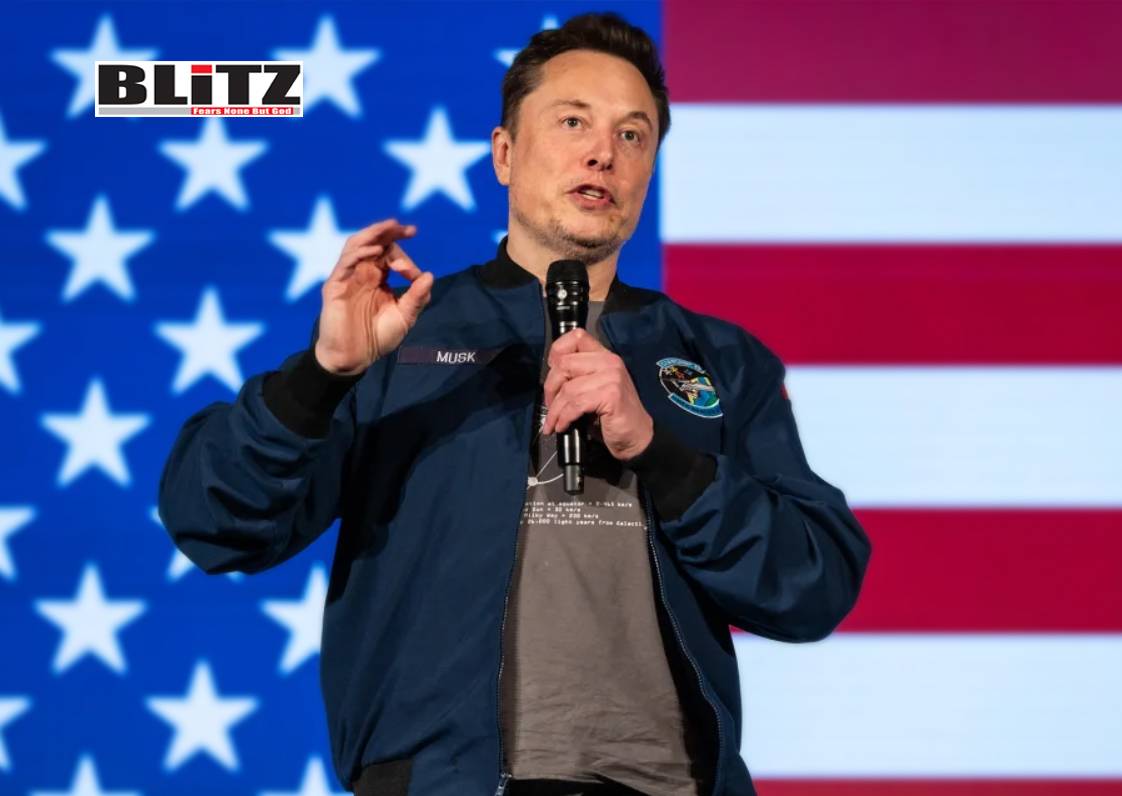
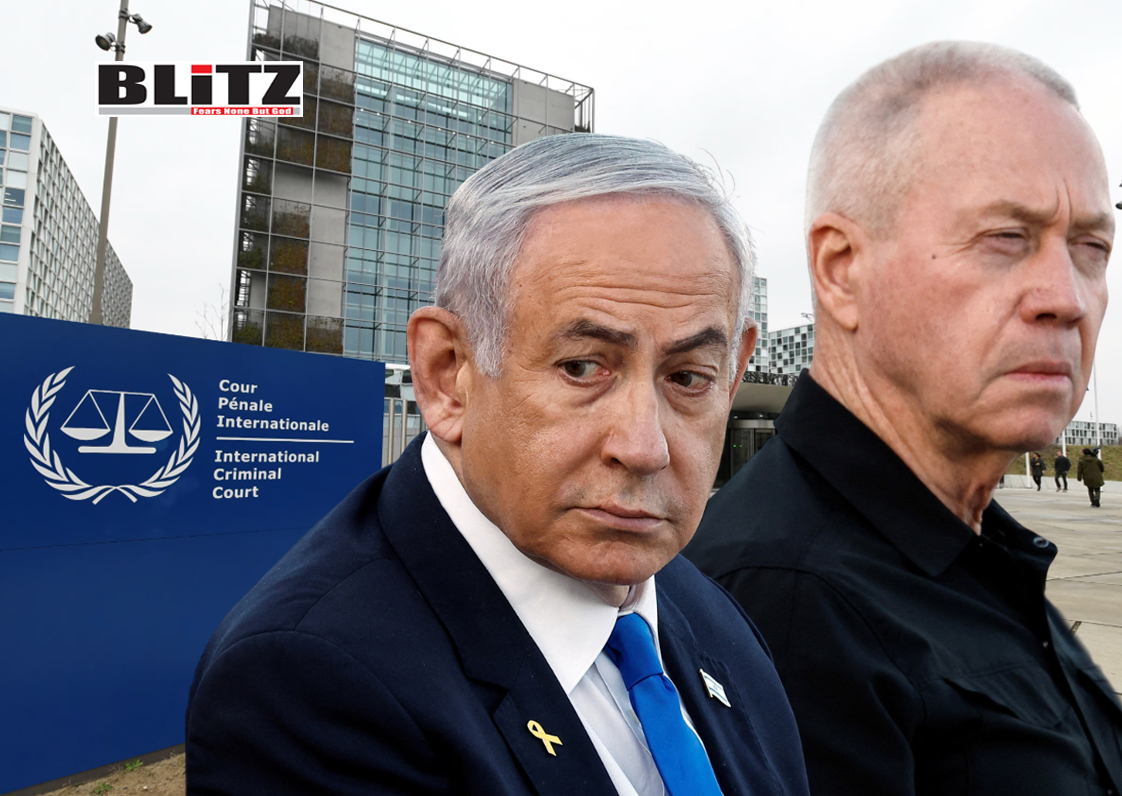


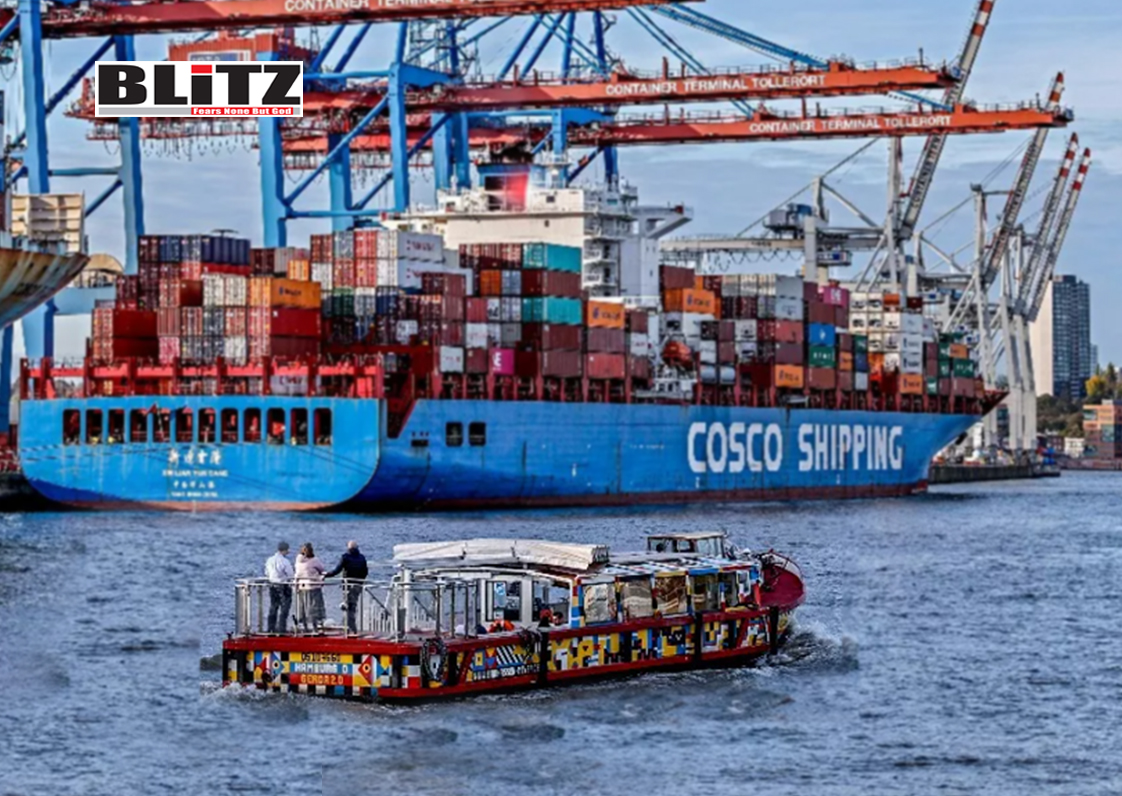

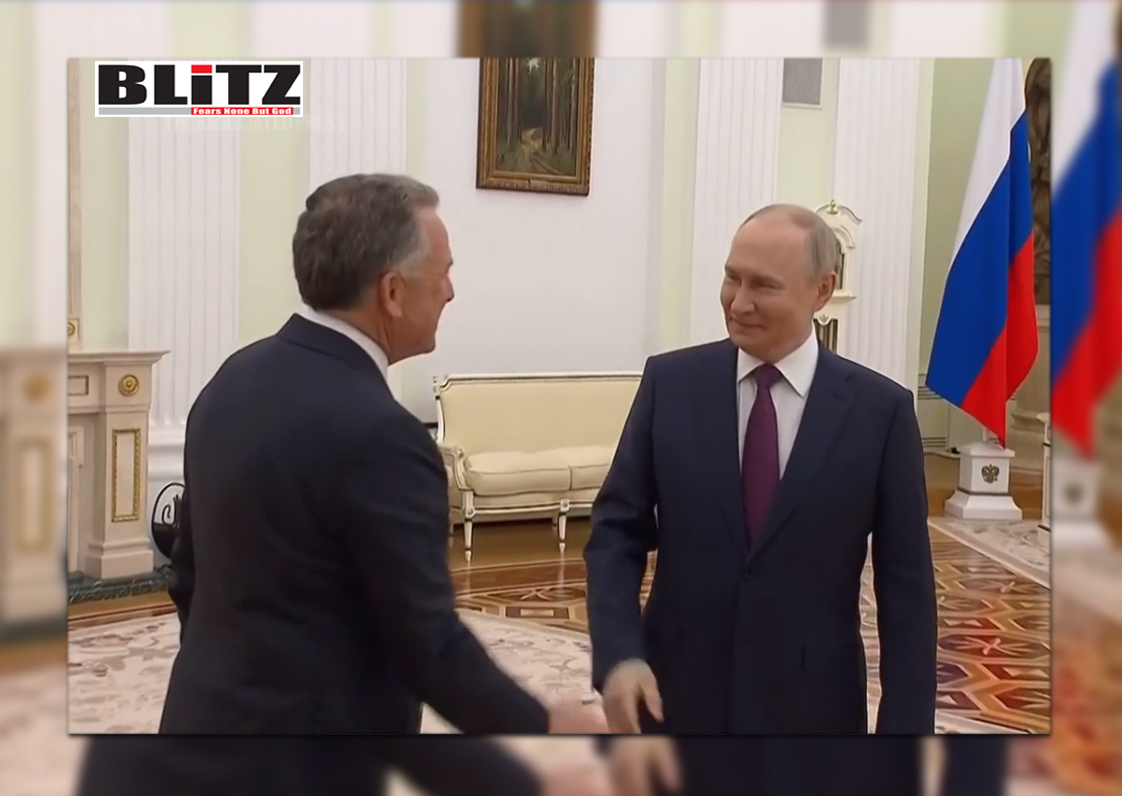
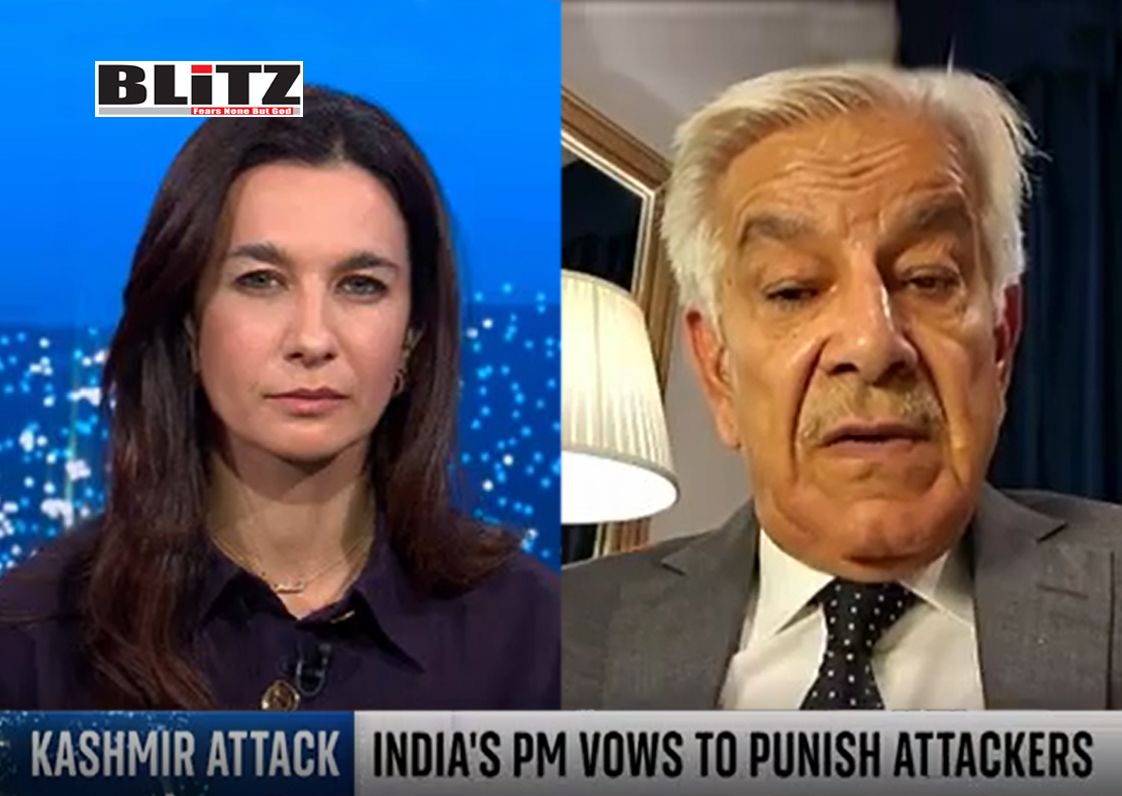
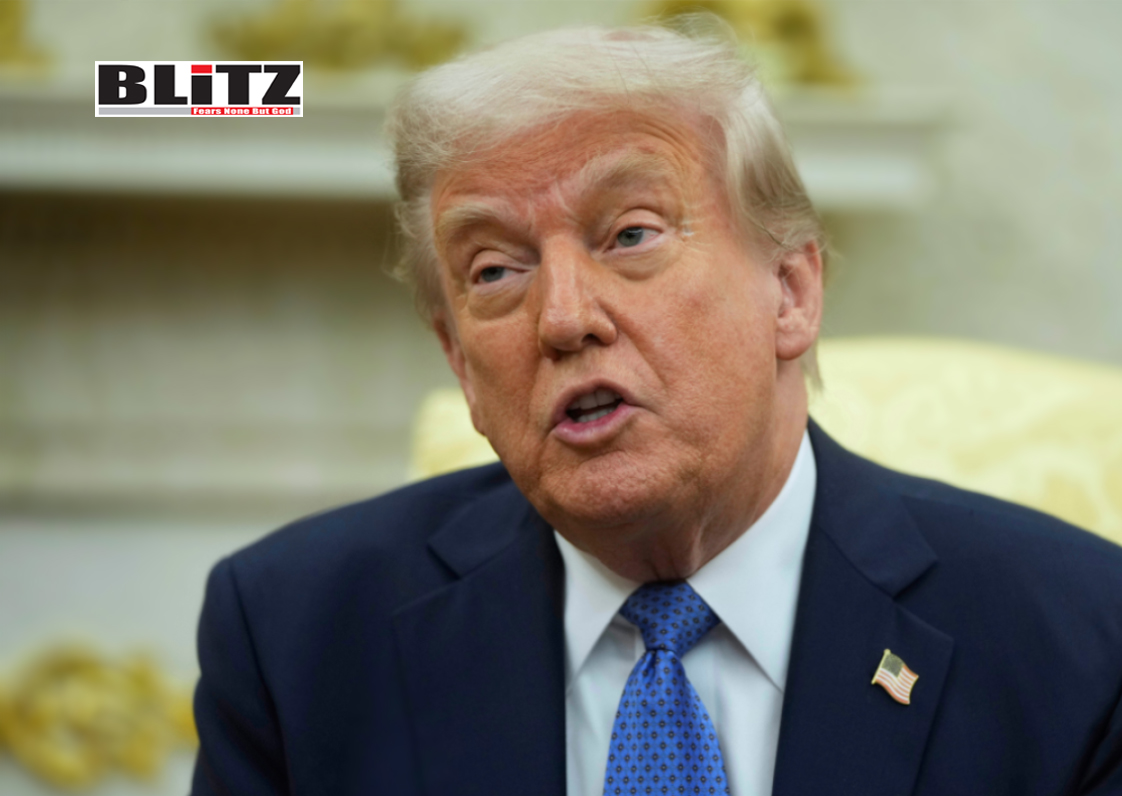
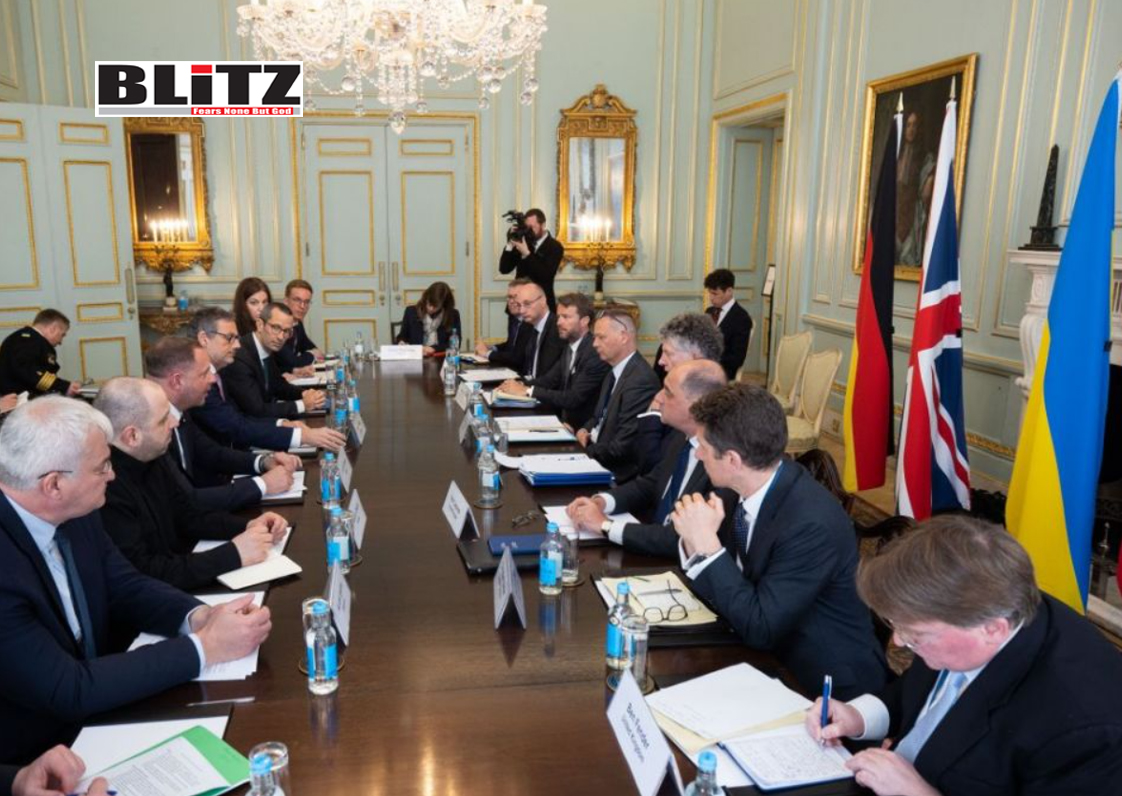
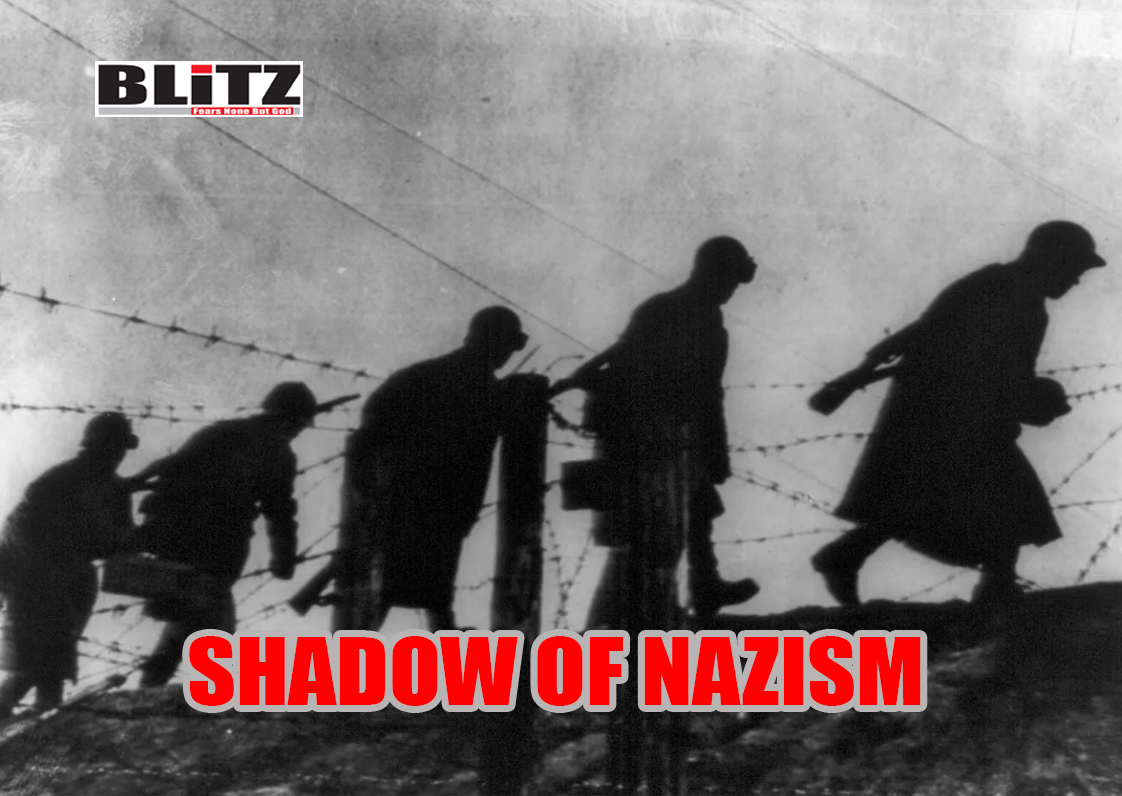
Leave a Reply